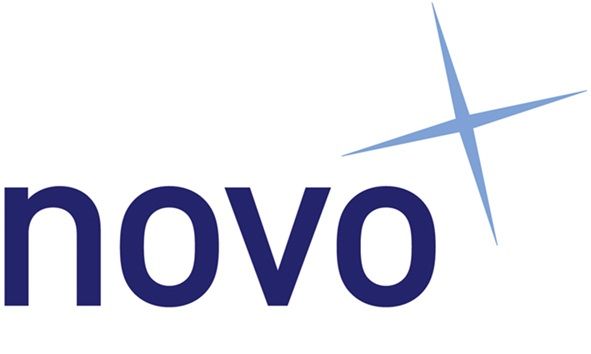International expansion: three HR essentials that get overlooked

With Brexit encouraging a growing number of organisations to establish themselves abroad, Ben Wright explores three people management challenges that are often ignored when companies expand quickly.
Human capital management is an often expensive, time-consuming and complex challenge, but it becomes more difficult to manage when an organisation expands overseas.
And in light of the growing number of UK firms exploring overseas markets following recent political events, this is likely to become a prominent HR concern. In fact, according to the Institute of Directors, nearly one in three UK companies is planning to relocate or expand operations abroad as a direct result of Brexit.
This is particularly true in the tech sector, as statistics from our recent The State of Global Expansion 2019 report show many UK tech businesses see moving into overseas markets as essential to accessing the talent they need. Of the 500 we surveyed, 90% said they were planning to expand into new countries in the near future, with 43% citing Brexit uncertainty as the driving factor in this decision.
Whatever the motive for overseas growth, managing employees across a growing number of locations will soon be a staple of an HR director’s job description, if it isn’t already.
HR professionals need to start considering which elements of a global expansion will, or should, come under their purview. Recognising and adapting to cultural nuances, developing successful leaders and tracking people management success metrics such as employee satisfaction, are all important factors in efficacious international growth.
The culture factor
The cultural differences between countries can have a surprising impact on how their workforces should be managed.
While different nations have their own compliance and employment laws to deal with, often it is the softer, cultural elements that are overlooked. For example, Western commercial dealings are very transactional, so it can be a challenge for American or European companies to adapt to the more relationship-based culture found in East Asia.
Likewise, values and what workers expect from their roles can differ greatly from place to place, which can make recruitment and management of a workforce across multiple locations challenging.
Holiday allowances, for instance, differ greatly around the world. Employees in the UK may only expect their statutory 28 days (including eight bank holidays), but in some parts of Asia, religious observances can mean as many as 40 paid days off per year. For a successful global expansion, it is vital that these differences are identified and factored into recruitment and people management processes.
Overseas leadership development
The most effective way to ensure that a business’s identity and values are sympathetic to a new location’s culture is to have people on the ground that truly understand both. Having the right leadership team in place abroad is arguably more important than it is at home.
It’s also logistically harder to sustain consistent oversight of an office that is based hundreds, or even thousands, of miles away. In fact, nearly half of the tech businesses in our survey cited long-distance communication across multiple locations as one of their top challenges to global expansion.
The difficulty of engaging with a global workforce can be mitigated partly by having central recruitment and onboarding processes in place. But, inevitably, HR will need to rely on the local leadership team to manage onboarding, training and management – not to mention hiring the right candidates.
But if establishing a leadership team is arguably the most important phase of an international recruitment process, it is also the hardest. As any recruitment professional knows, executive-level candidates typically have to give long notice periods with their previous employer and the pool of qualified candidates is normally much smaller than it is for more junior roles. This can make filling senior positions potentially more difficult and time-consuming.
It’s crucial to start the process early – even before an entity or official presence has been established in the new location.
Measuring success
Successfully expanding into new markets is ultimately about achieving growth and expanding their customer base was the key motive behind global expansion for more than half of the tech businesses in our survey. Fundamental components of achieving and sustaining growth include benchmarking, realistic target setting, and learning from past experiences.
This principle applies to every aspect of an international expansion – HR and people management included.
Recruitment, retention and satisfaction, buy-in to company values and leadership effectiveness are all elements that HR needs to manage. Regularly assessing the performance of an international office on these factors is therefore vital, not just for the continued growth of that office, but also so there is a success model that can be applied to future expansion projects.
To ensure that HR can fulfill its role in a global expansion, it needs to be included in the decision-making process early on. But with so much to manage to ensure “business as usual”, it can sometimes be hard for HR teams to take a step back from their day-to-day roles and think strategically about an expansion project.
This is why many businesses are using an Employer of Record – sometimes known as an International Professional Employer Organisation – to address this issue. An Employer of Record handles all the administrative burdens of payroll and local employment compliance requirements that crop up when recruiting overseas, making it possible to be up and running in a new market in as little as 48 hours.
As increasing numbers of organisations look to expand abroad, it is important for HR teams to consider cultural, leadership and performance measures if they are to make their international expansion a success.
Originally published on Personnel Today, https://www.personneltoday.com/hr/international-expansion-hr-essentials/












